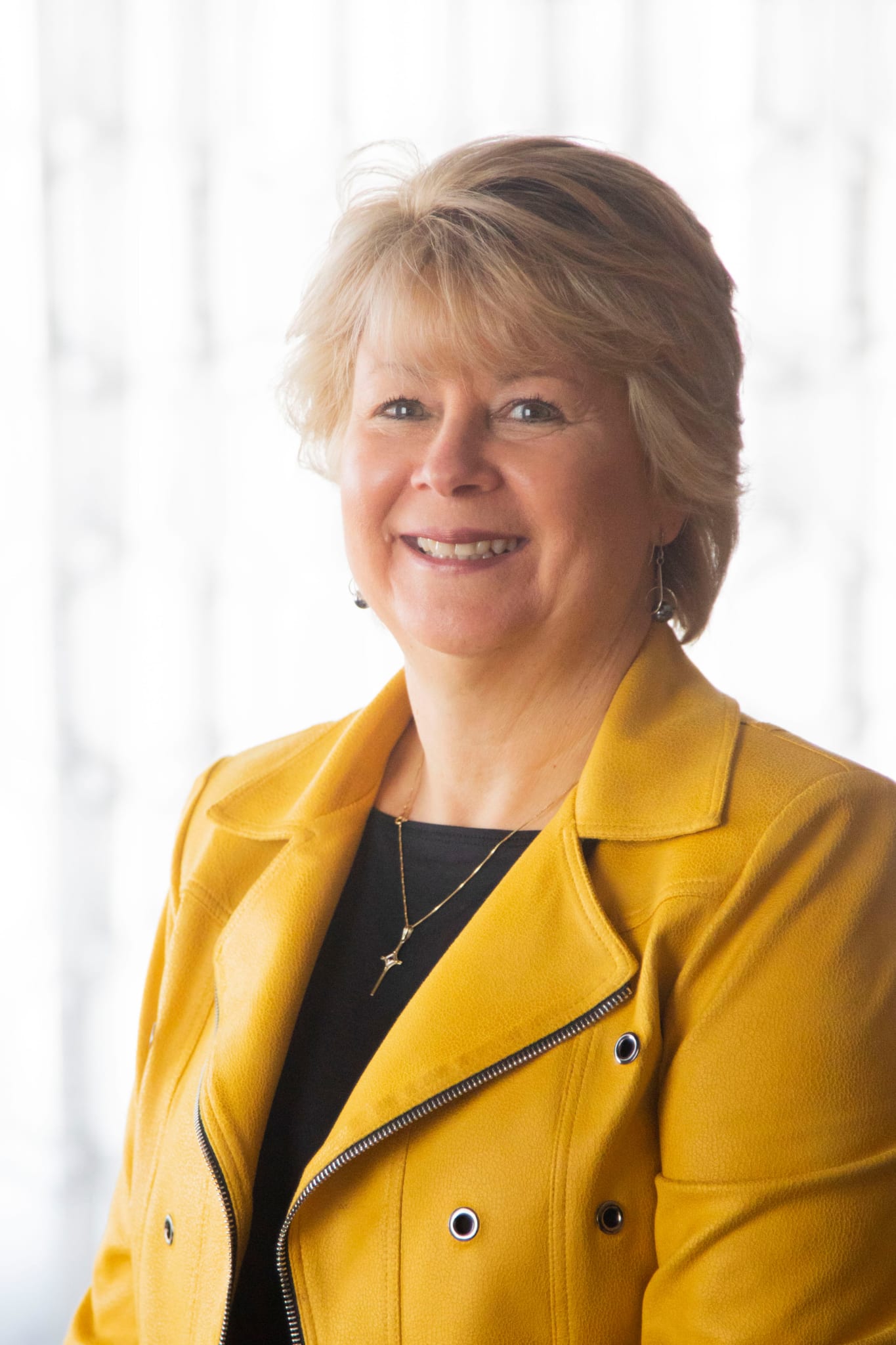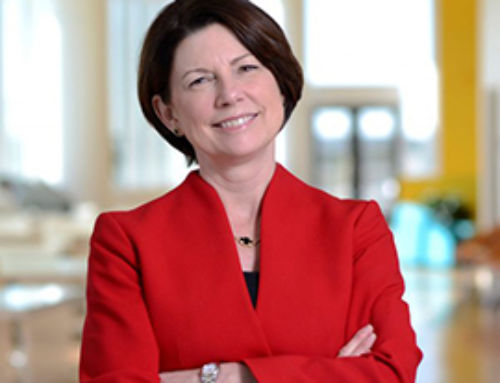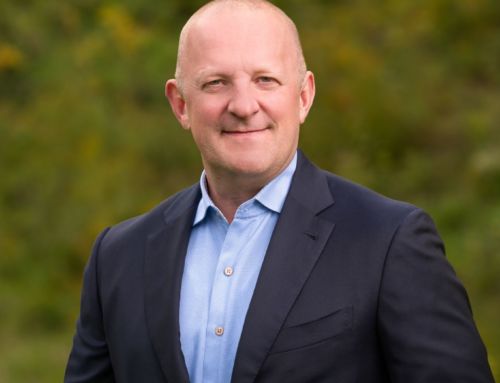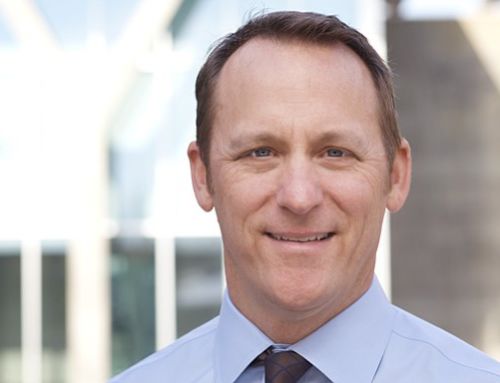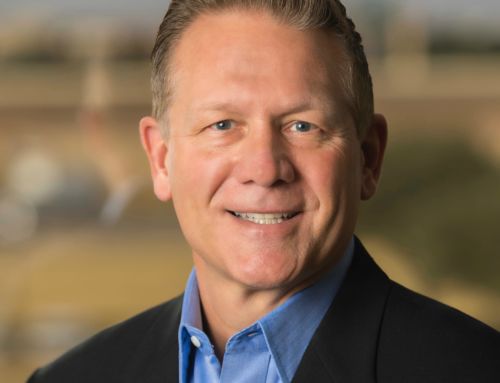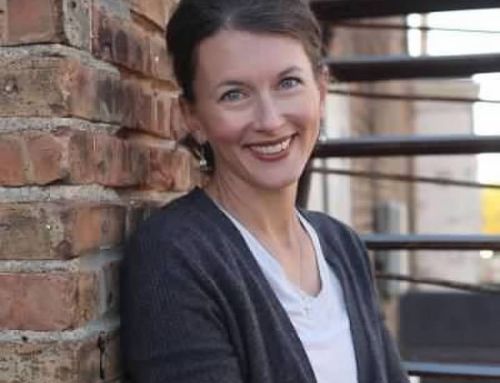BOB BUFORD is known for being the voice of a generation, a prolific author, speaker, and philanthropist whose immense and widespread contribution to business leadership, personal transformation, and the growth of the modern church cannot be measured. Bob’s book Halftime began a movement of an entire generation of successful business professionals transitioning to a LIFE OF EVEN GREATER SIGNIFICANCE and eventually to the creation of the Halftime Institute. Join us as we honor his legacy by exploring Bob Buford’s Top Ten Values over the course of the year.
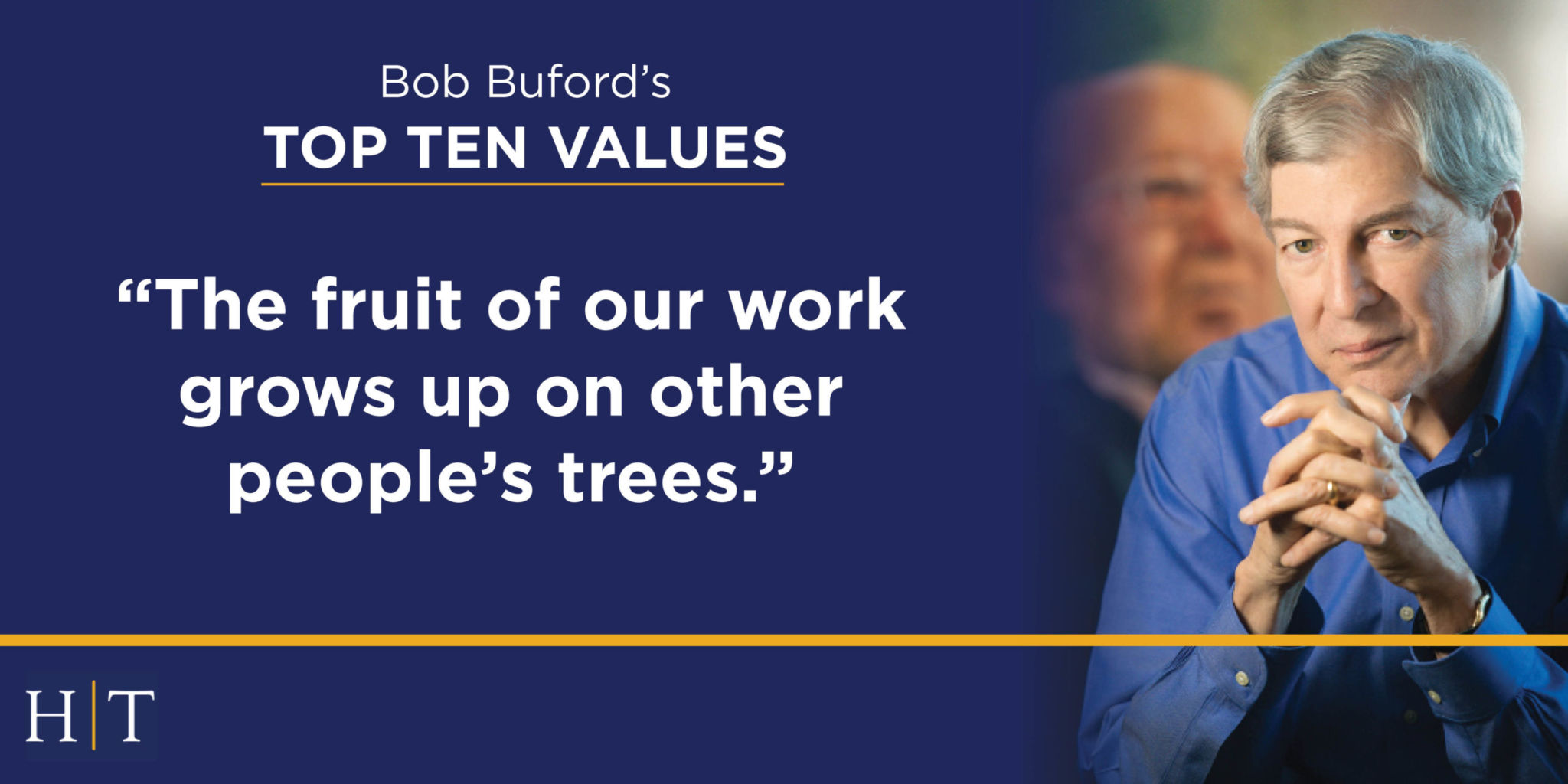
By: Jennifer Parr, Halftime Certified™ Coach
Bob Buford considered it one of his greatest blessings to have had Peter Drucker as his mentor for over twenty years. Peter was thirty years Bob’s senior and they would meet twice a year. As they discussed life, business and ministry, Peter would share his decades of leadership and management wisdom.
Peter made sure that Bob came prepared to his semi-annual meetings, asking him to reflect and write about all that was going on ahead of time. Bob knew that this was Peter’s way of keeping him accountable. In addition to sharing his wisdom, Peter would encourage and challenge Bob, as good mentors do.
It was through these conversations with Peter Drucker that Bob got clear on his own values, which he both lived and taught to others. One of these values was: “The fruit of our work grows up on other people’s trees.”
“The fruit of our work grows up on other people’s trees.”
-Bob Buford (1939-2018)
Bob lived out this value through the hundreds of Kingdom leaders that he invested in and mentored, “paying forward” what he had received and learned from Peter Drucker. None of us will know the full Kingdom impact of the investment we make in the lives of others until eternity, but we got a glimpse of the ripple effect of Bob’s impact from the personal testimonies that many of the leaders he invested in shared when he passed away in 2018.
If you want to live a life where your fruit grows on other people’s trees, here are five lessons I learned from Bob from the time that I had the privilege of spending with him at the Halftime Institute.
5 Lessons on Fruitful Living
1. Check Your Ego at the Door
To put others first the way that Bob did requires us to surrender our pride and our ego, to let go of our need for the limelight and personal accolades.
Some of Bob’s favorite sayings included:
-
- Check your ego at the door.
- Take the perspective that you are the catapult and the other person is the plane.
- Be the platform — not the show.
2. Abide in Christ
“I am the vine; you are the branches. If you remain in me and I in you, you will bear much fruit; apart from me you can do nothing”. – John 15:5
Bob’s ability to influence a generation of marketplace and ministry leaders started with his surrendered heart and servant’s posture.
As I coach Halftime clients, I often ask, “What are some of the obstacles that might get in the way of living a life of significance?”
One of the responses that always makes the list is pride or ego.
I have learned that the only true path to to letting go of my pride and ego for a surrendered heart like Bob’s is to return to the vine. Spending time resting in the presence of the Lord will transform us and multiply the fruit that we are able to plant and harvest.
3. Be Intentional About Mentoring
Over the years Bob mentored hundreds of leaders across all sectors – from entrepreneurs to pastors to executives. He was very intentional about his key mentoring relationships and kept a wallet card with him at all times that had two columns on it. The first column listed “What I intend to do” and the second column noted “Who I intend to do it for”. The second column listed the names of the people he was mentoring in that particular season. The list changed over time. His advice to Kingdom-minded leaders was:
“Create a list of 5 to 10 spectacular leaders with smart ideas for the Kingdom that you are prepared to invest in. Get to know them and ask, ‘Is there anything I can do to be useful to you?’ If you can do it, then help them. If you can’t, then introduce them to someone who can. Start with 2 leaders – but start!”
Based on his personal experience with Peter Drucker, Bob’s advice to mentors was to give their mentee:
-
- Permission to be themselves
- Encouragement along the way
- Instruction for course correction when needed
- Acknowledgement
- Accountability
When we share our skills, insights, wisdom, counsel, and support with younger Kingdom-minded leaders, we instill the confidence they need to overcome their fears, to strengthen their leadership, and to multiply their Kingdom impact.
Mentoring is one of the gifts that “keeps on giving”. When we notice, acknowledge, and encourage other leaders; both our life and theirs can be transformed.
You can start by making a list of the young, raw talent in your business or network that you feel God may be lifting up for this time and offer them your support by asking them, “Is there anything I can do to be useful to you?”
4. Invest in the Development of Kingdom Leaders
“The harvest is plentiful but the workers are few”. – Matthew 9:37
Bob founded — and invested his time and money in — two organizations that had a mission to develop Kingdom builders. He also financially invested in other like-minded organizations he believed were making a Kingdom difference.
In addition to mentoring specific leaders in your network consider these opportunities for your fruit to grow on other people’s trees.
-
- Identify an organization that develops Kingdom builders and then partner with them by offering your time, talent, or financial blessings.
- Fund or contribute to a scholarship program at an organization that develops Kingdom leaders.
- Identify individual leaders you believe in and invest in their development by paying for or subsidizing a course that they or their organization cannot afford.
- Create out-of-the-box development opportunities for promising leaders in your business that don’t just enhance their experience and their competencies, but build their character and strengthen their faith.
5. Start at Home
Sadly, Bob and Linda’s only son Ross died when he was just 24 years of age. This was devastating to them both. Bob reflected that many of the leaders that he mentored were the same age that Ross would have been. Had Ross lived a longer life, Bob would have continued to encourage, affirm, teach, and pass on his values and wisdom to him, nurturing his faith and character as a leader along the way.
For those of us with children, grandchildren, nieces/nephews, and other young loved ones, they are the beginning of our legacy. They are the fruit that grows on our trees. In talking about the importance of nurturing our children, including our adult children, one of my clients (whose children now live on three continents) reflected that, “My children are like arrows that I’ve shot out into the world.”
When I ask clients to think about one or two leaders that inspired them and tell me why, in the majority of cases at least one of the people they mention is a parent, grandparent or aunt/uncle.
Sometimes our relationships with our children/grandchildren/nieces/nephews/loved ones can feel a bit like a rollercoaster ride, but our lifetime influence on them will be one of the greatest they have. At every stage of their life we need to re-commit to nurturing our relationship with them. We need to continually ask, “How can I help you be the person that God has created and called you to be?”
We have a responsibility to encourage and affirm the younger generation and to help them grow in character by nurturing values such as faith, generosity, respect, gratitude, etc. through our example.
When we are intentional about investing in others, it helps us leave behind our tendency to measure our legacy by what we have accumulated or accomplished. Rather, our true legacy will be measured by the accomplishments and impact of those we have played a role in catapulting forward. If we are lucky, we will be blessed by seeing some of the fruit of our investment in the lives of others in our lifetime. If we have a true, multi-generational impact on others, the end results of the seeds we plant may not be harvested in our lifetime, but will have an impact nonetheless and we will be revealed to us in eternity.
At the Halftime Institute our Halftime Certified™ Coaches are committed to living this value out with our clients. We come alongside you, affirm, encourage and challenge you to be all that God has called you to be and to discover where and how God is calling you to serve.
